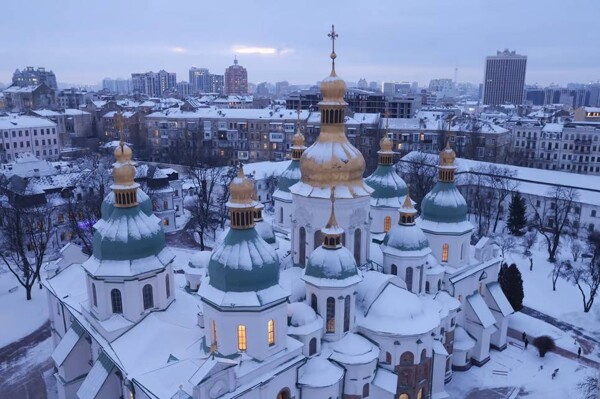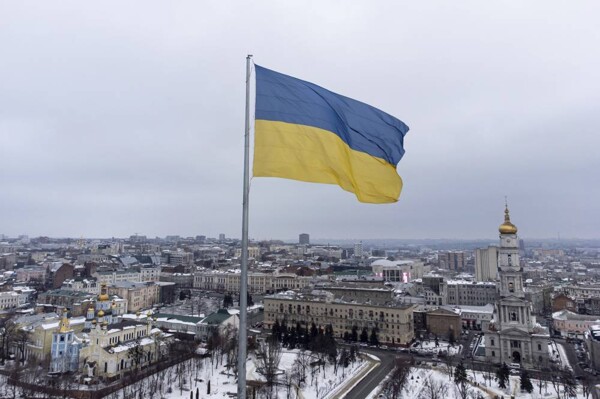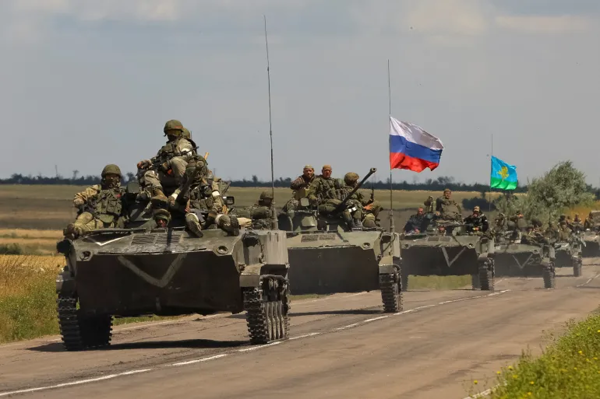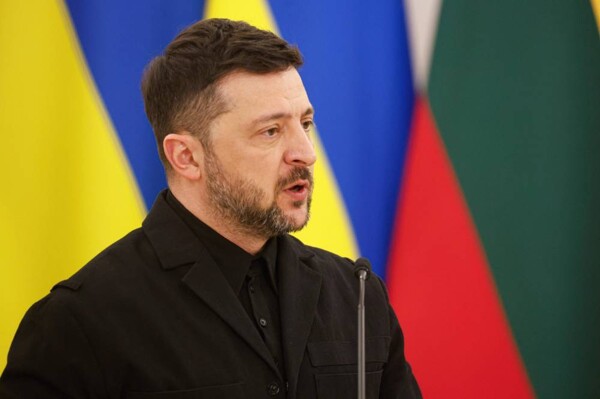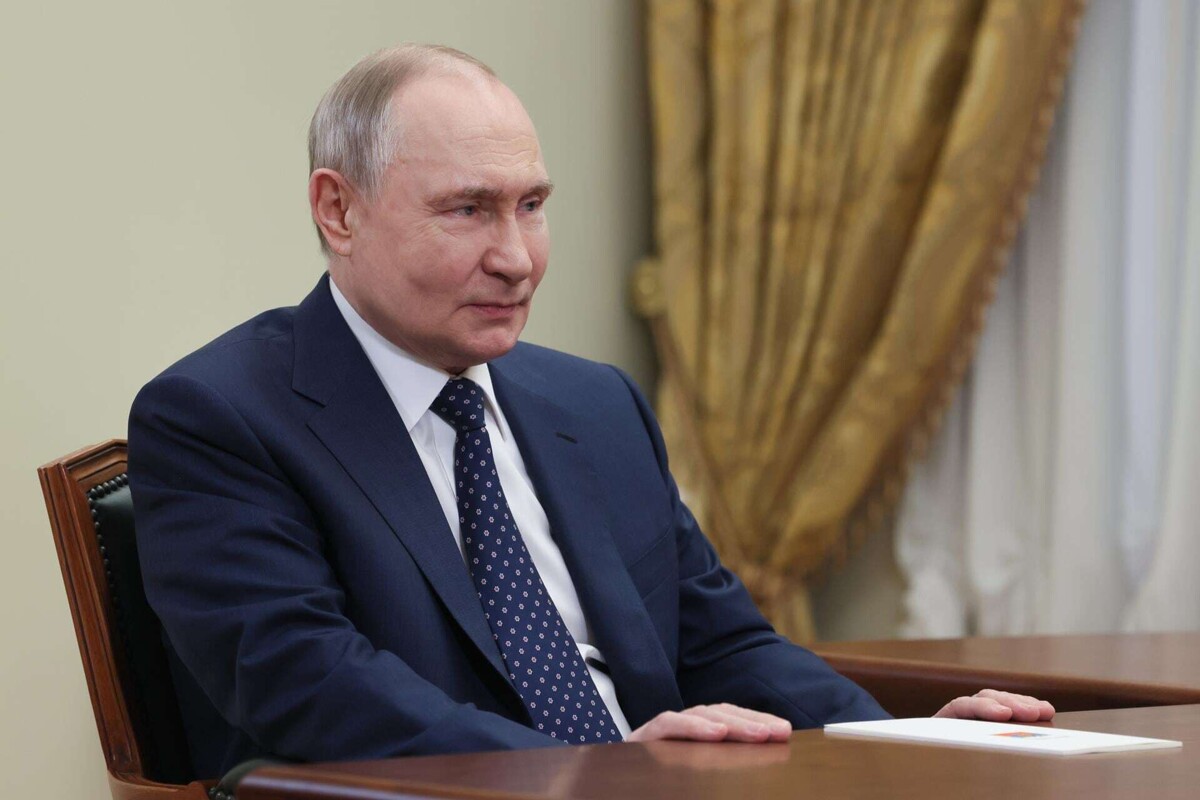
The three-day ceasefire in Ukraine, announced by Russian President Vladimir Putin, came into effect at midnight (European time) without Kiev joining the Kremlin's unilateral initiative. The ceasefire will last for the next 72 hours, until midnight from May 10 to May 11, on the occasion of the 80th anniversary celebrations of the Red Army's victory over Nazi Germany in World War II.
"Yes, the initiative from the Russian side, from President Putin, is still in effect," said Dmitri Peskov, presidential spokesperson, at his daily conference call this morning. Putin declared the truce in light of the presence in the Russian capital of about thirty foreign leaders, who will attend the military parade on May 9 in Red Square.
This Wednesday, the Russian leader met with the presidents of Venezuela and Cuba; tomorrow he will receive the Chinese leader and on Friday he will do the same with the president of Brazil and the Slovak prime minister. Specifically, in addition to rejecting the truce, Ukrainian President Volodymyr Zelensky assured that Kiev cannot guarantee the safety of leaders traveling to Moscow to meet with Putin.
As he did with the brief Easter truce, Putin assured that he made that decision for humanitarian reasons and called on Kiev to follow suit. The Kremlin condemned today the drone attacks carried out in recent days by the Ukrainian army against targets in several Russian regions, including Moscow, which have forced the closure of airports several times this Wednesday and led to the postponement, diversion, or cancellation of hundreds of flights.
"The Kiev regime continues to demonstrate its essence, its propensity for terrorist actions," Peskov said, adding that its stubborn opposition to peace "justifies the continuation of the special military operation." The spokesperson assured that Putin has not issued new orders regarding the drone attacks, although when announcing the truce, he ordered the army to respond firmly to any provocation.
Nevertheless, added Peskov, the Russian Armed Forces are taking all measures to ensure that the Victory celebrations proceed "calmly, steadily, and peacefully." Although the White House initially stated that it did not support temporary ceasefires, but rather a lasting cessation of hostilities, U.S. President Donald Trump backed Putin's initiative this week.
"As you know, President Putin just announced a three-day ceasefire, which may not seem like much, but it is a lot," he stated. Both Zelensky and his Foreign Minister, Andriy Sibiga, have dismissed the three-day ceasefire proposed by Moscow as a propaganda maneuver and have insisted on calling for a truce of at least thirty days.
President Zelensky, who felt today that it was fair that Russian skies are not safe these days, has not specified whether Ukraine will cease attacking during the 72 hours in which Putin proposes to silence the guns. Russian officials and politicians accuse Zelensky of threatening the leaders of the countries invited to Moscow and of betraying the memory of Ukrainian veterans who fought against the Nazis in the world conflict.











